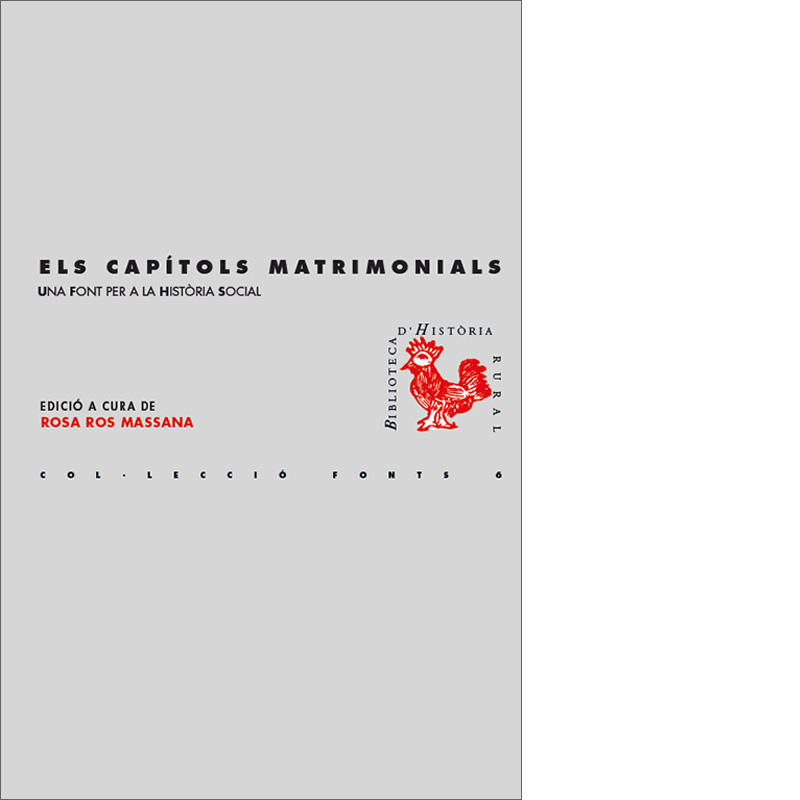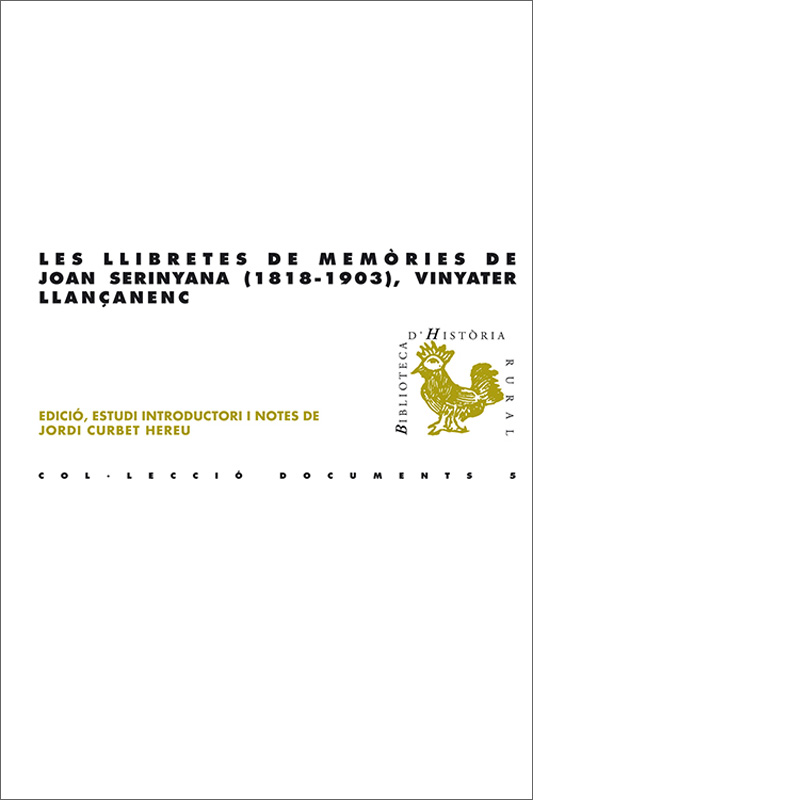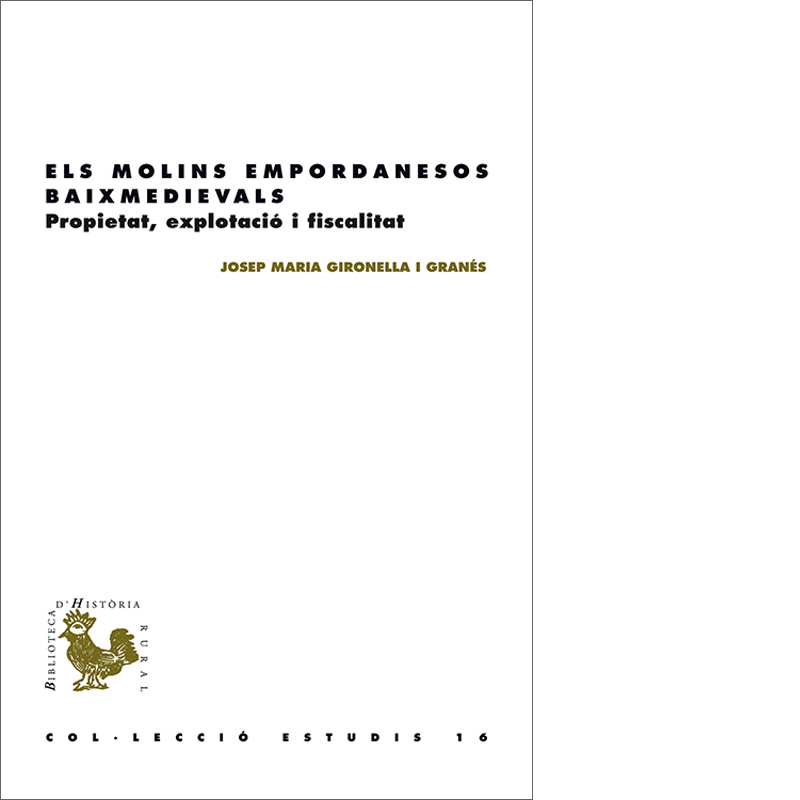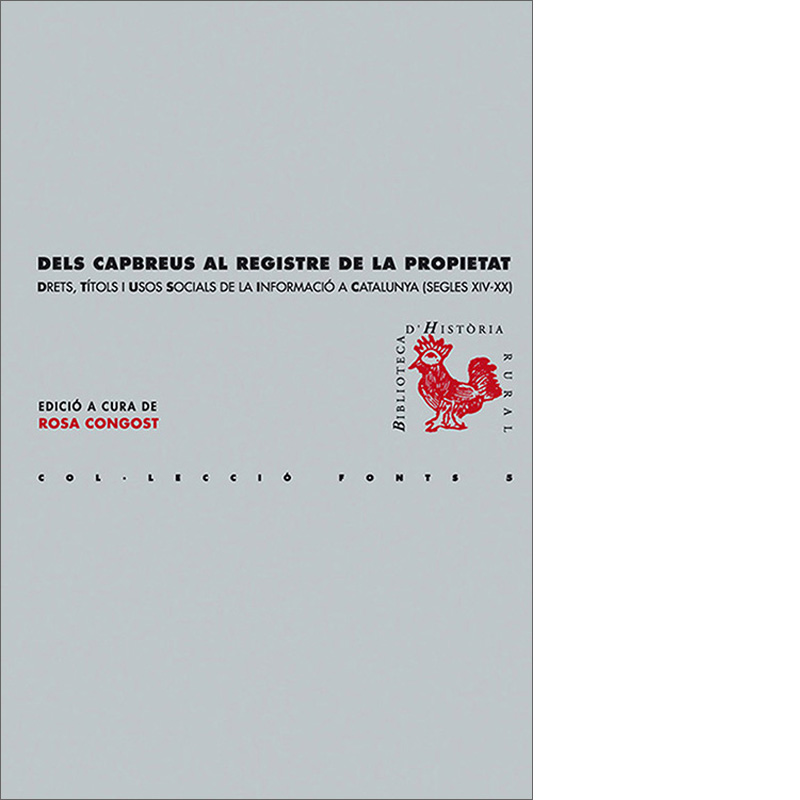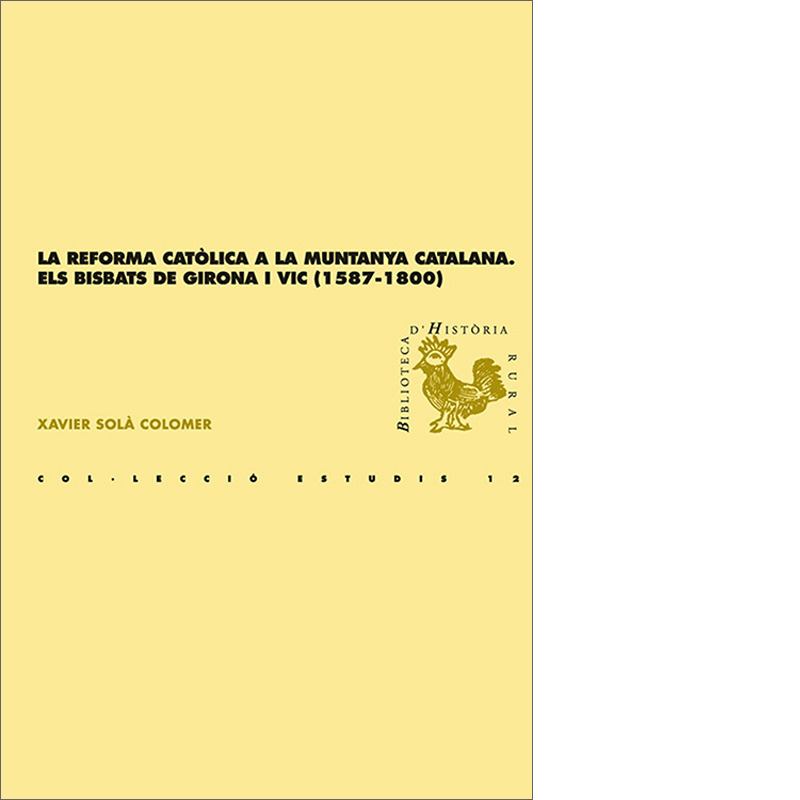Description
In a system of undivided inheritance as Catalan, marriage contracts were for centuries the central tool that organized the intergenerational transmission of family wealth. The importance of this source for historians is that it provides data on very large segments of the population, because over long periods of history the practice of granting marriage was almost universal, at least in rural areas of Old Catalonia. This book aims to provide researchers who make use of marriage contracts a set of studies presented and analyzed this source. The first part of the book is devoted to analysis of the origin and evolution of this type of document and its terms, from the hiring married late Middle Ages, the institutionalization of the chapters in the modern era, and the decline of the habit of writing such documents in the nineteenth and twentieth centuries. The second part of the book examines various uses of the source for social history, focusing on three themes: family history, the historical evolution of social inequalities and changes in consumption patterns. With the objective of making available to scholars tools to facilitate comparative analysis, is included in Appendix A proposal database for processing information contained in the marriage settlements.


